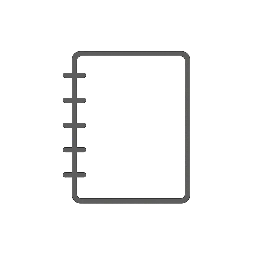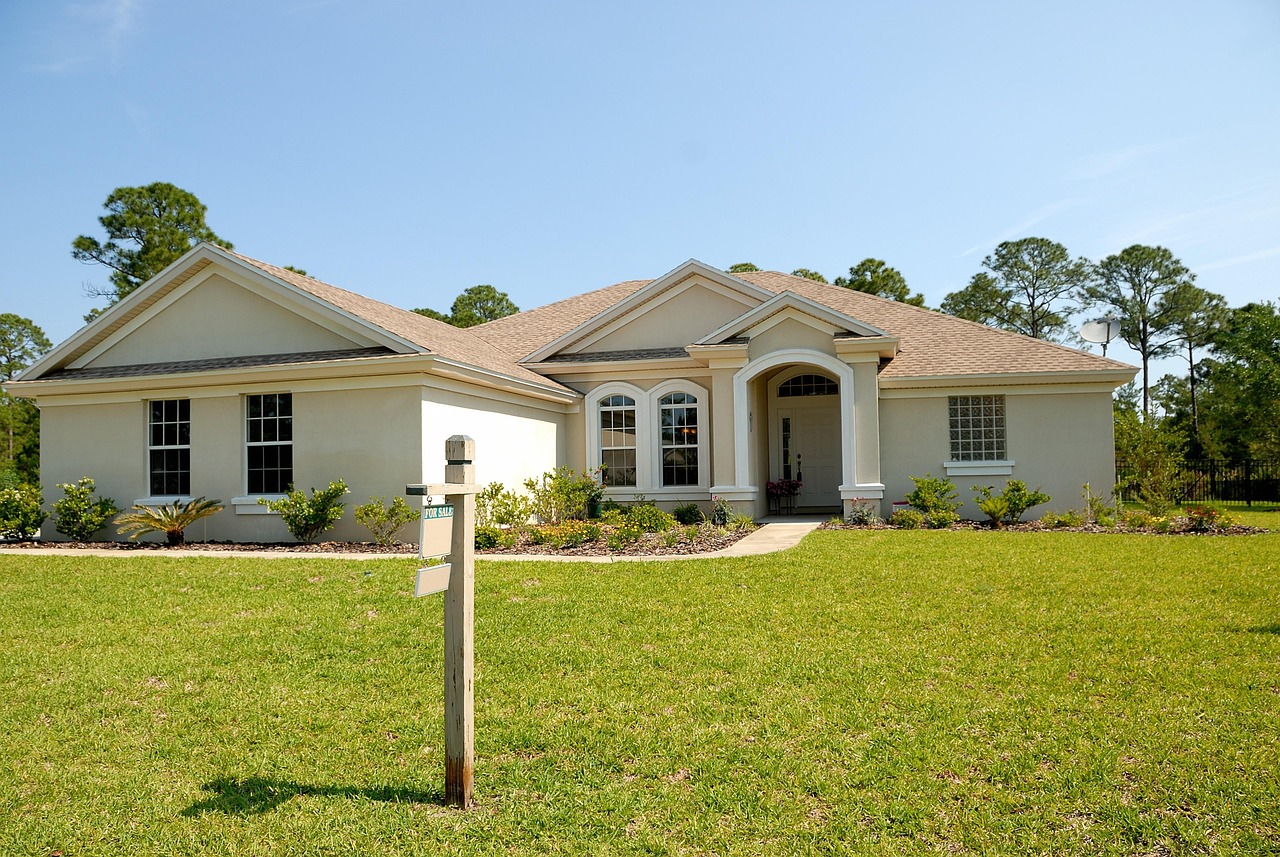Homeowners in Toronto often look to home additions to increase living space without relocating. Whether expanding a single room, adding a second floor, or creating specialized spaces like sunrooms or garages, these projects can enhance both functionality and property value.
The key to successful home additions Toronto lies in working with experienced contractors who offer comprehensive design-build services and clear pricing. This ensures a smooth process from planning through construction, tailored to meet the specific needs of each home and family.
With decades of local expertise, Toronto builders understand the city’s unique building codes and structural requirements. This knowledge helps homeowners avoid common pitfalls and achieve efficient, long-lasting results.
Home Additions in Toronto: Planning and Process
Planning a home addition in Toronto requires careful attention to local regulations, design options, and realistic project timelines. These factors shape both the scope and success of the expansion.
Understanding Zoning and Permits
Toronto has specific zoning bylaws that define what types of home additions are allowed in different neighbourhoods. These rules control building height, setbacks, lot coverage, and permitted uses. Reviewing the local zoning designation is essential before proceeding.
A building permit is required for most home additions. The permit process includes submitting detailed plans to ensure compliance with the Ontario Building Code and city zoning regulations. This permits inspections throughout construction to maintain safety standards.
Homeowners should factor in the time required for permit approvals and expect possible revisions to their plans. Engaging professionals who understand Toronto’s permit process can help navigate these requirements efficiently.
Choosing the Right Addition Type
The choice of addition depends largely on the homeowner’s needs and property constraints. Common types include second-story additions, rear extensions, and garage expansions.
Each option has distinct advantages. A second-story addition increases living space without altering the footprint, preserving yard area. Rear extensions often improve main-floor flow and add functional space like larger kitchens or family rooms.
Budget and lot size will influence the selection as well. Custom designs tailored to the home’s style and neighbourhood context typically yield better long-term value.
Timeline Expectations
A typical home addition project in Toronto takes several months from initial design through construction completion. The planning and permit approval phase alone can span 4 to 8 weeks or longer depending on the project complexity.
Construction timelines vary by size and type of addition but usually range from 3 to 6 months. Delays may occur due to weather, supply issues, or inspection scheduling.
Clear communication with contractors and regular updates on building permit status help manage expectations throughout the process.
Design, Budget, and Contractor Selection
Home additions require careful planning to balance design goals, financial limits, and contractor expertise. Attention to detail in these areas ensures the project aligns with the homeowner’s needs and local regulations while staying on schedule and within budget.
Custom Design Considerations
Design should reflect both the existing structure and the homeowner’s functional needs. Factors like matching architectural style, room flow, and natural lighting impact the final outcome.
In Toronto, zoning laws may influence the size and height of additions. Consultation with a design professional familiar with local codes can prevent delays.
Homeowners should prioritize spaces that add value, such as kitchens, living rooms, or bedrooms, and consider energy-efficient materials and layouts to reduce long-term costs.
Budgeting and Cost Factors
Home addition costs in Toronto typically range from $365 per square foot, depending on the scope and materials used. Fixed-price quotes help avoid unexpected expenses.
Key cost drivers include permit fees, demolition, structural work, and finishes. Accurate budgeting considers these plus contingency funds for unforeseen issues.
Homeowners must also factor in design fees, permit applications, and potential increases due to inflation or shortages in construction materials.
Selecting a Licensed Contractor
Hiring a licensed contractor with verified experience is critical. Licensed builders ensure compliance with local codes and quality standards.
References and a portfolio of completed home additions in Toronto demonstrate capability. It’s important to verify insurance and warranties offered.
Transparent contracts with a fixed-price guarantee protect the homeowner’s investment and define clear timelines. Communication and project management skills influence the project’s smooth completion.









Leave a Reply